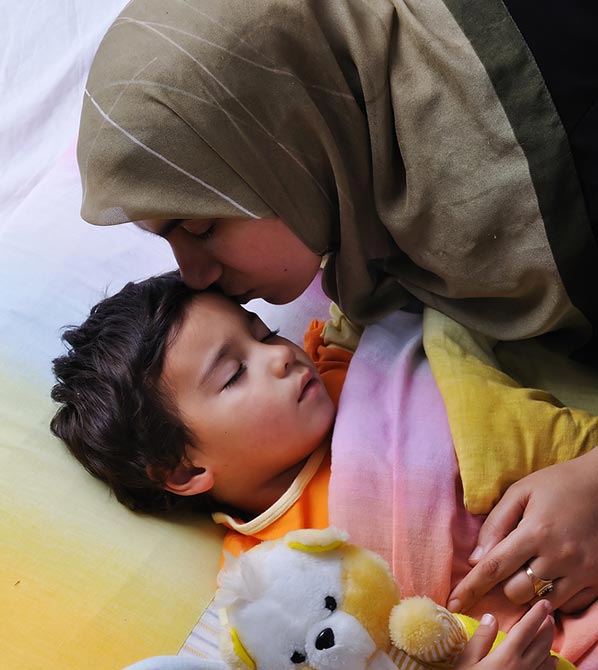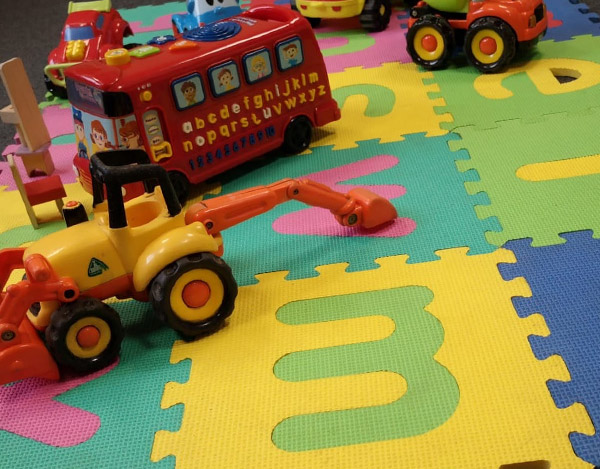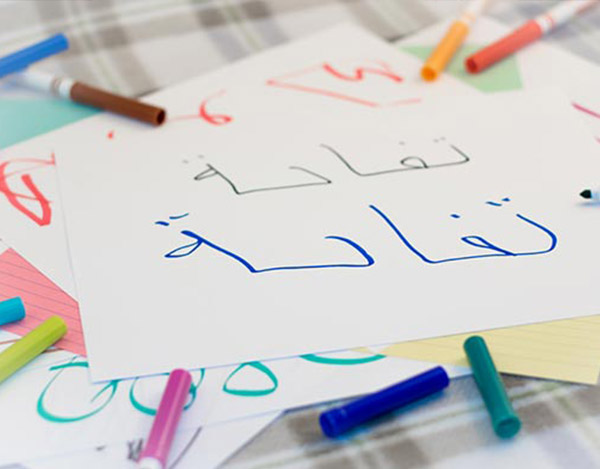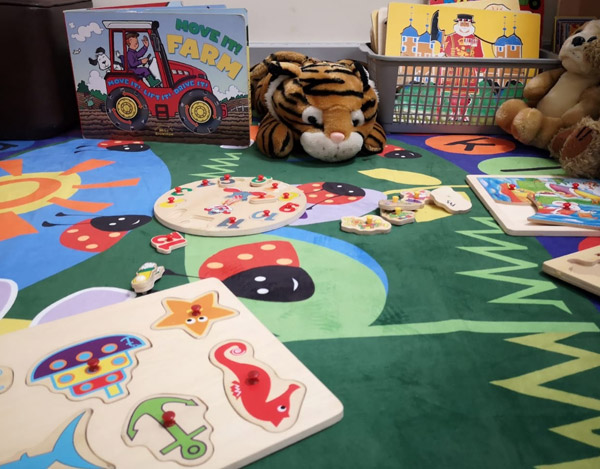Muslim Ethos

Fatiha Nursery is based on a Muslim ethos and is opened to everyone regardless of beliefs or cultural backgrounds. The Muslim ethos pays close attention to lessons from the prophetic traditions (Sunnah) of the Prophet Mohammed (SAW) such as in being kind to one another, importance of manners, showing respect to people of backgrounds and beliefs.
We believe that for a child to grow up and be a model member of our multicultural society they must first know who they are. We tackle the identity crisis issue by instilling a sense of pride and confidence in their religious and cultural heritage at early years stage as it is the most important phase in a child’s life.
By embracing and accepting their identity they will know their place in society (neither superior nor inferior to others), empowering them to interact with confidence; learning and sharing views and ideas as well as respecting everyone from the same or different backgrounds.
We believe that children should not be deterred from nor compromise their identity and we will teach them to seamlessly be a part of the wider society in a well-balanced way whichever community they interact with.

Muslim Ethos in a nutshell
We incorporate bite-sized lessons, principles and supplications from the Qur’an and Sunnah, enabling the child to formulate an Islamic personality, identity and behaviour; not only teaching them when and how to use such supplications and phrases but more importantly the moral lessons that come from it in a practical manner.

Arabic Language
The Arabic language is fundamental to truly understanding Islam and introducing it to children at early years stage is key to shaping their Islamic personality and identity. It is for this reason basic notions of Arabic are taught within the learning environment of Fatiha Nursery and as the children develop, they will constantly use it in their prayers and supplications.
Furthermore, as the children get older, they will be able to use the Arabic language to better understand the religion of Islam and become exemplary human beings by being upright and moral members of society. It is also very important to point out that learning more than one language, in the early years phase, dramatically increases the child’s cognitive ability and richness in verbal expression.

Further benefits of learning the Arabic language are:
- One of the six official languages of the United Nations (UN).
- Spoken by over 300 million people and is the official language of 22 countries, spread across the Middle East and North Africa.
- Arabic is Increasingly in demand for business, commerce and media in emerging markets.
